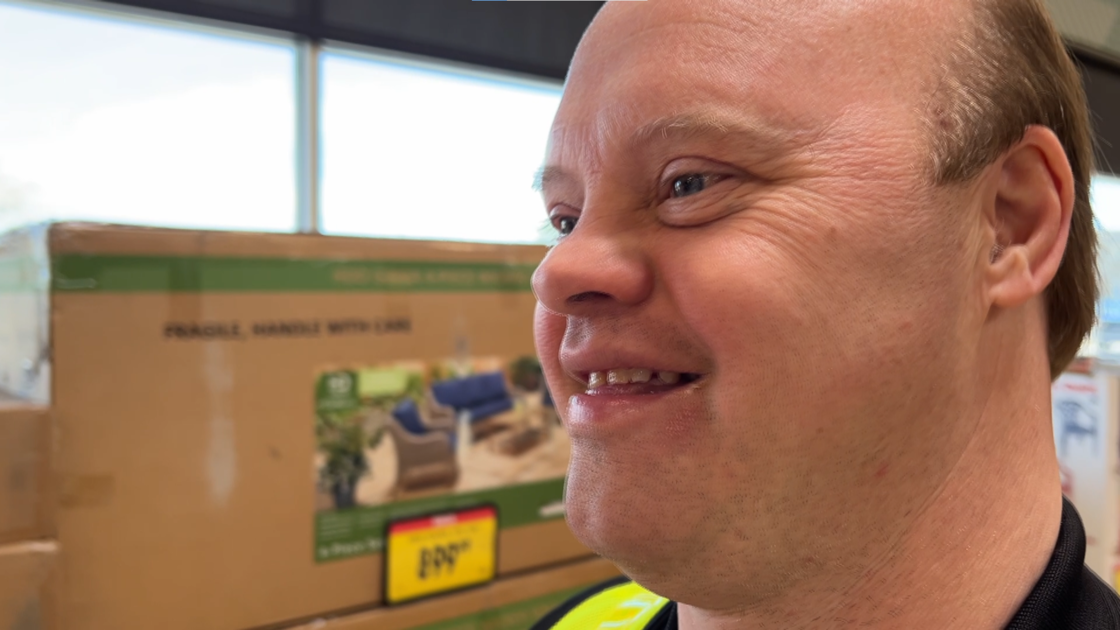U-M Nursing Students Use Mannequins Capable Of Bleeding, Vomiting, Even Giving Birth
By Mike Householder, Associated Press
ANN ARBOR (AP) - The leadership at the University of Michigan's nursing school says there is value in students making mistakes while treating patients.
And when the patients aren't real, that's even better.
The Ann Arbor school's new state-of-the-art Clinical Learning Center building features six simulation rooms that house high-fidelity mannequins capable of bleeding, vomiting and even giving birth — just like real patients.
Alexandra Noga, a junior from suburban Detroit, said it's "somewhat intimidating the things that some of these mannequins can do." But Noga added that they're "really helpful, because they can simulate a lot of real-life issues" that wouldn't likely surface during training in a typical hospital setting.
That's the point, said Maureen Westfall, a clinical instructor who led a recent simulation in which Noga and another student assisted as "Sarah," a patient with gestational diabetes, gave birth.
"I've seen a build in confidence, and I've seen just an overall level of comfort" in the students, said Westfall, who points out that it benefits her young charges to learn by trial and error.
Or, as Clinical Learning Center Director Michelle Aebersold put it: "People clearly remember the times they screw up."
The simulation exercises the instructors create mimic real-life patient situations that many nursing students won't see in their clinical rotations. Students can practice suctioning secretions from the trachea, electrically shocking the heart into starting again and administering intravenous drugs.
Westfall is part of a team of specially trained simulation instructors who, while seated in front of a bank of screens and behind a one-way mirror, act as the mannequins' minds and bodies. They use wireless controls to prompt just about any possible physiological response.
Michigan is far from alone in training would-be nurses this way. But Aebersold said the school is unique in that it allows all undergraduates — including first-year students — to take part in the "sims" as they're often called and uses "dedicated simulation faculty."
Plus, Aebersold said, studies indicate undergraduates can replace up to half of their clinical hours with simulations without impacting their ability to pass the nursing certification examination.
When each "sim" ends, students immediately take part in a debriefing session, discussing what they did well and what could have gone better.
"Wouldn't life be so great if we could debrief after every time we go through something at any job that we've had?" Westfall said. "Just to critically think about what we could have done different or better."
Copyright 2016 The Associated Press. All rights reserved. This material may not be published, broadcast, rewritten or redistributed.



